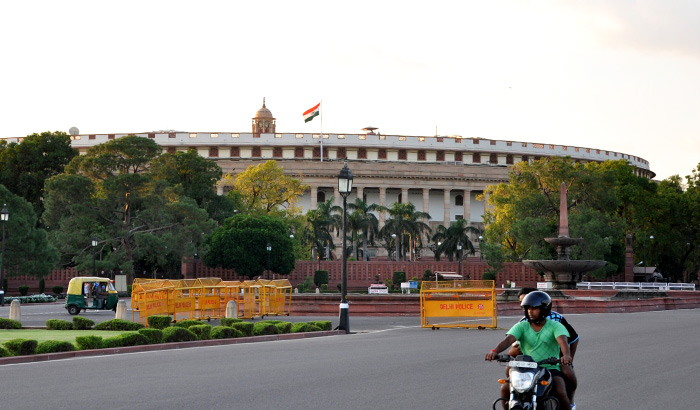Sero surveillance study done by the National Center for Disease Control (NCDC) in collaboration with Govt of National Capital Territory of Delhi, reported the prevalence of IgG antibodies in 23.48 percent of population in Delhi. The surveillance was commissioned by Ministry of Health and Family Welfare (MoHFW)
The study also indicated that a large number of infected persons remain asymptomatic. The survey was conducted from 27th of June 2020 to 10th July 2020 and was conducted following a rigorous multi-stage sampling study design. It is one of the largest sero-prevalence studies conducted in the country using the ELISA testing.
For all the 11 districts of Delhi, survey teams were formed. Blood samples were collected from selected individuals after taking written informed consent and then their sera were tested for IgG antibodies and infection using COVID KAVACH ELISA approved by Indian Council for Medical Research (ICMR).
As many as 21,387 samples were collected as per lab standards and were tested. The tests helped in identification of presence of antibodies in the general population. This test performed is not a diagnostic test but only provides information about past infection due to SARSCoV-2 in individuals who test positive.
Antibody testing repeatedly done over time i.e. sero-surveillance, generates important evidence for assessing the spread of the pandemic from time to time.
The final analysis of the result was:
1. Nearly six months into the epidemic, only 23.48% of the people are affected in Delhi, which has several pockets of dense population. This can be attributed to the proactive efforts taken by the Government to prevent the spread of infection including prompt lockdown, effective containment and surveillance measures, including contact tracing and tracking, as well as citizen’s compliance to covid appropriate behaviours.
2. However, a significant proportion of the population is still vulnerable. Therefore, the containment measures need to continue with the same rigour. Non-pharmacological interventions such as physical distancing, use of face mask/cover, hand hygiene, cough etiquette and avoidance of crowded places etc. must be followed strictly.









